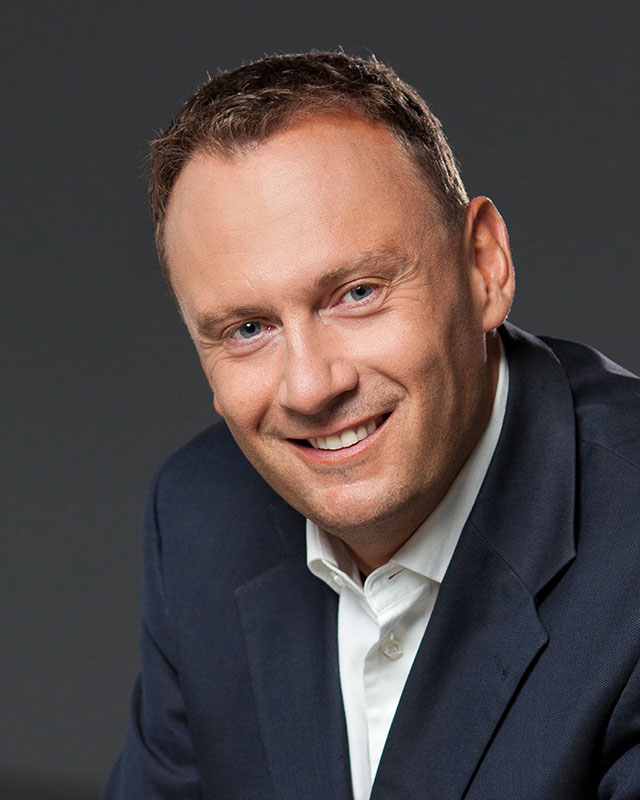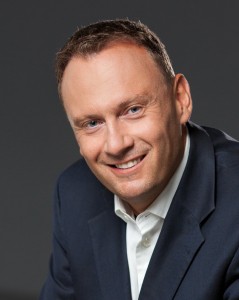Dentons’ Igor Ostrowski describes how lawyers and businesses in the TMT sector face frustration in applying modern businesses models under laws dating back 50 years.
Igor Ostrowski is a partner in the Warsaw office of Dentons and we caught up to him for a brief chat. A veteran TMT lawyer, Ostrowski has 15 years experience advising clients in the telecommunication, media and new technologies sector. He has advised leading television and radio broadcasters, telecommunications and IT companies in matters related to commencing activities in Poland and in other Central and Eastern European countries, including regulatory and intellectual property issues. His experience includes advice on mergers and acquisitions and participation in infrastructure and privatization projects. For the last three years Ostrowski has held the position of deputy minister at the Ministry of Administration and Digitization and was a member of the Prime Minister’s Team of Strategic Advisors.
What drew you to TMT? What about it captured your interest?
Back [in the 1990s] TMT was a very loosely regulated segment of the market so you needed to figure out how to implement projects that were very high tech and highly innovative into a legal system in Eastern Europe with laws dating back to the 1950s and 1960s. That was the biggest challenge; to figure out how to use legal tools that were 50 years old. Another thing about TMT is that it has a sectoral approach. The nature of TMT allows attorneys to do not only great regulatory work, but corporate, M&A and IP. With a sectoral approach, you need to evaluate what clients require. These are the three main components required to build an acceptable TMT practice.
What are some of the issues/challenges specific to the Polish TMT market?
We have challenges dealing with applying obsolete legal structures in the implementation of client projects being launched. This was a fantastic challenge in 1997, but 15 years later I’m frustrated that we deal with the obscurities of a copyright law, for instance, that dates back to 1950s. It is a challenge trying to understand how to impose copyright law on the non-linear distribution of music or audio-visual material.
Who are your clients and what are some issues they face?
My clients are international broadcasters, cable operators, DTH (direct to home) platforms, and telelcom operators. Also major studios. It is a very interesting combination of the content world and the distribution world. I am an opponent of those who try to create a black and white system between content and distribution.
There are common issues that content owners and distributors face, so there’s no need for separate discussions of the two as some experts do.
Do you have any advice for new attorneys entering the field?
Be flexible, open-minded, and take a practical client approach. There is no space for theory and dogmas and traditional schooling. You must be client oriented. TMT clients have a dynamic way of thinking and they look for lawyers who share the same approach.
The Ostrowski file
Firm: Dentons
Country: Poland
Years of experience: 15
Client work: Advises leading television and radio broadcasters, telecommunication and IT companies in matters related to commencing activities in Poland and in other Central and Eastern European countries, including regulatory and intellectual property issues. Also advises on mergers and acquisitions and participation in infrastructure and privatization projects.








